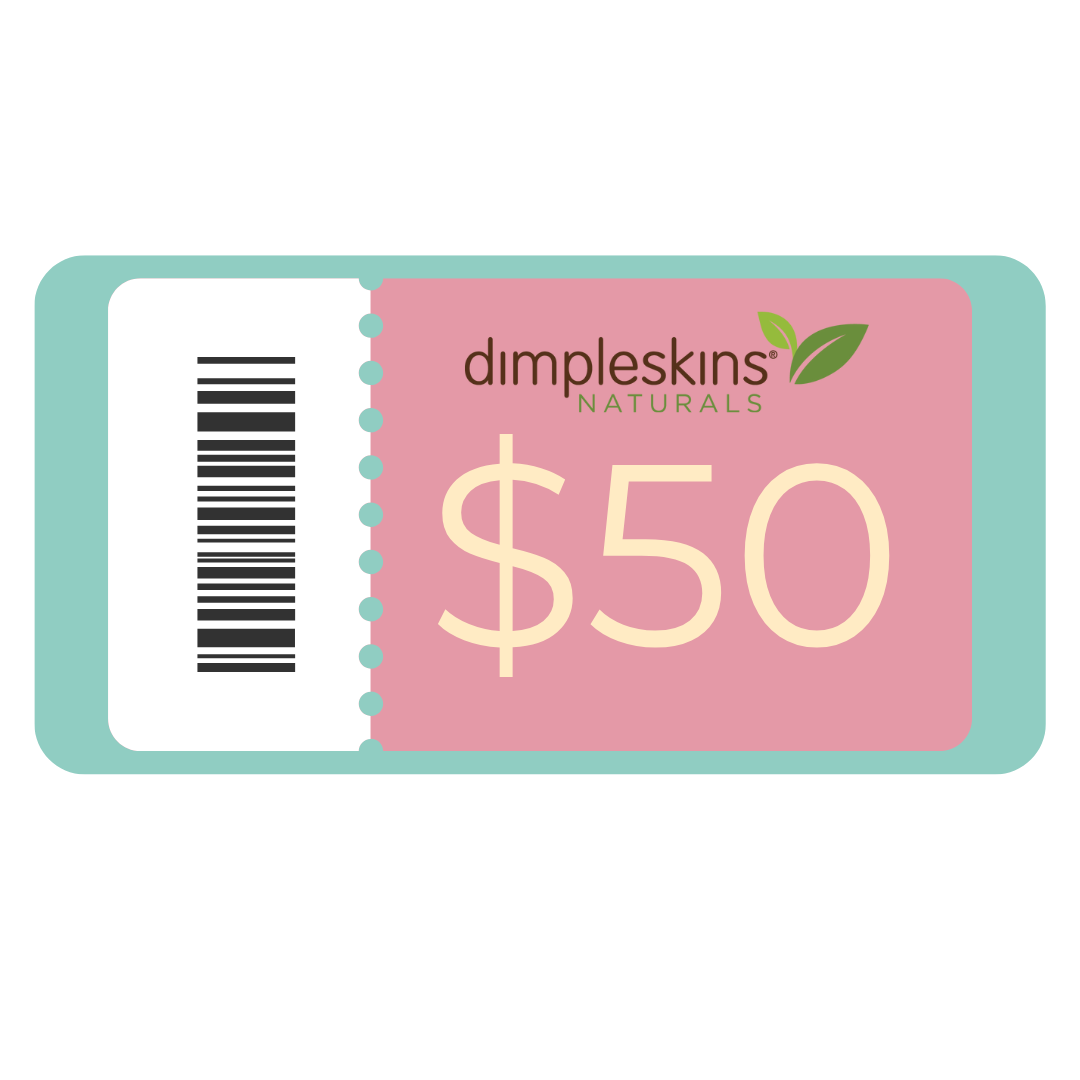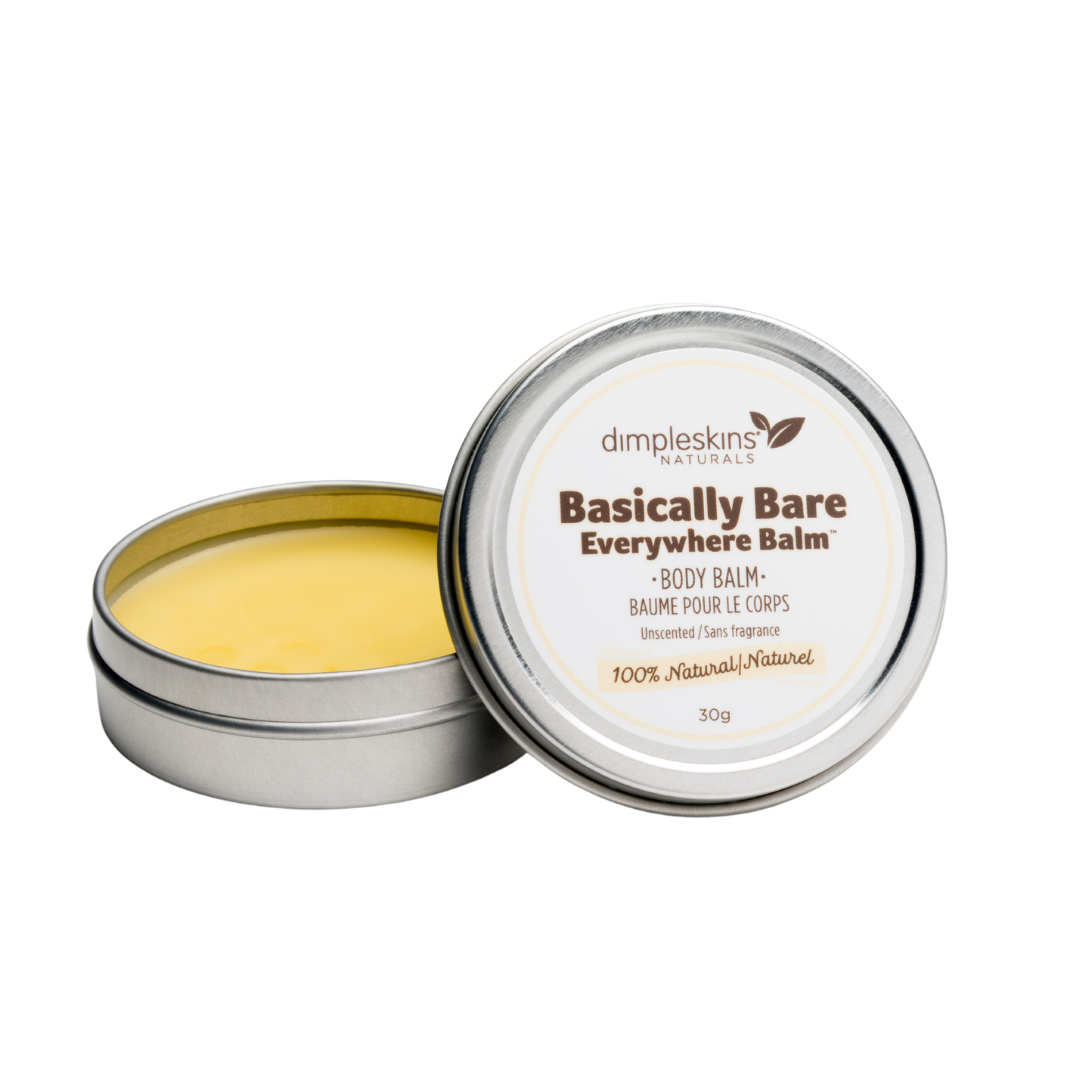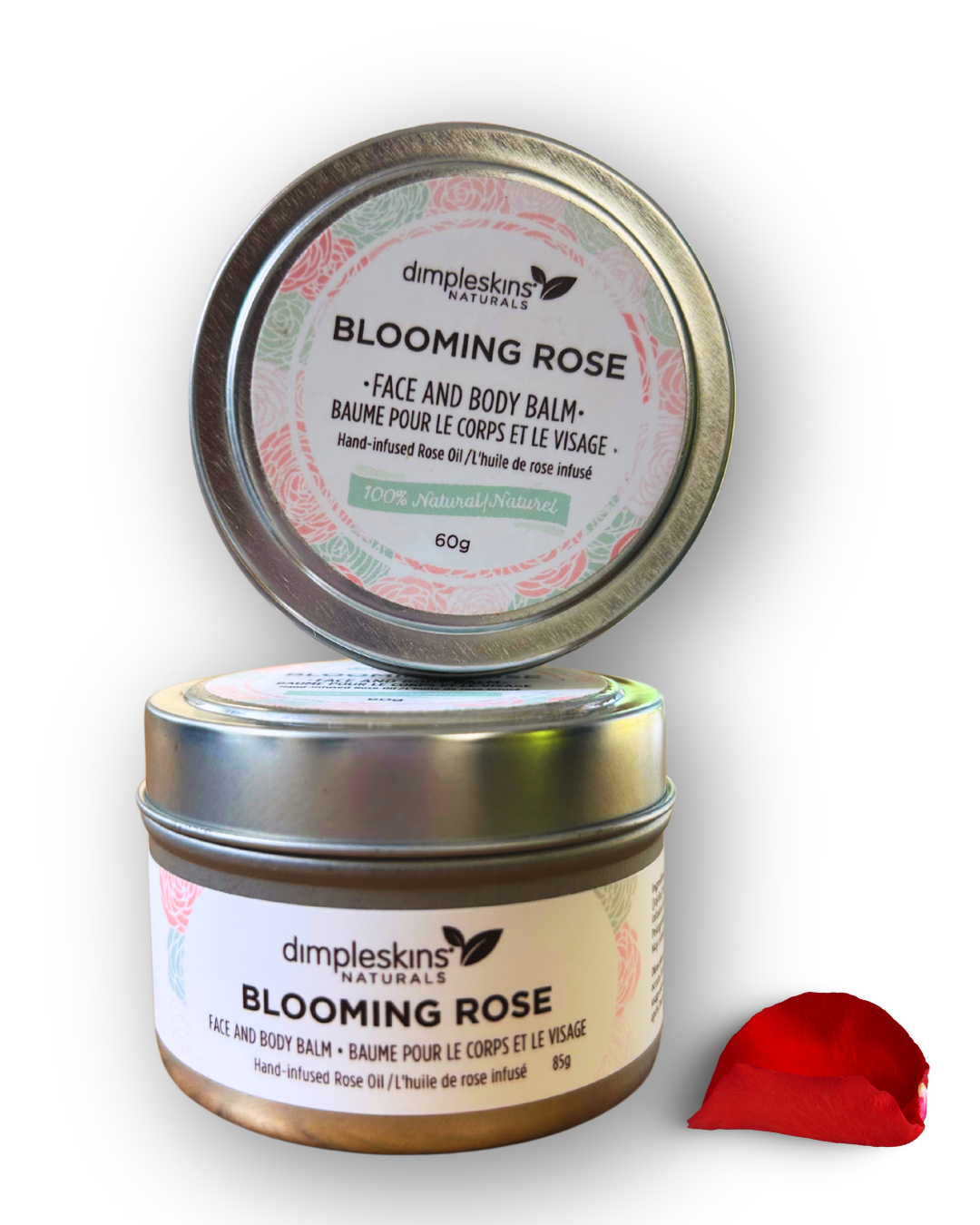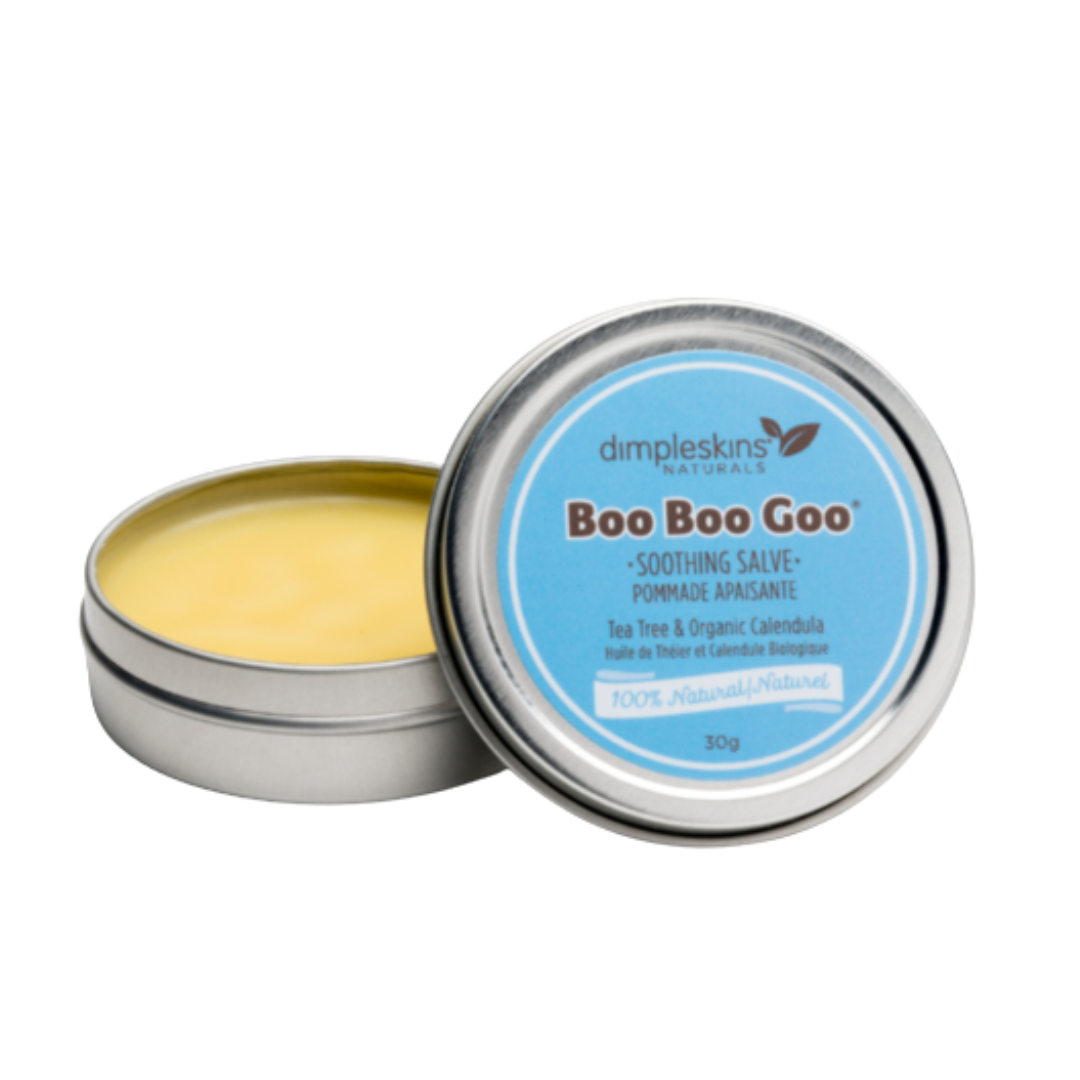As a mom, it’s hard to watch your baby’s soft skin turn dry, flaky, or rough to the touch. Baby skin is naturally more sensitive than adult skin, which means it loses moisture faster and is more prone to dryness. The good news? With a few simple, natural remedies, you can keep your little one’s skin soft and comfortable—without resorting to products loaded with synthetic ingredients.
Why Baby Skin Gets Dry
-
Seasonal changes – Cold air outside and heated air inside can strip away moisture.
-
Over-bathing – Daily baths (especially with soap) can dry out delicate skin.
-
Harsh products – Lotions with fragrance, alcohol, or petroleum-based ingredients may irritate or dehydrate skin.
-
Eczema-prone skin – Some babies are simply more sensitive.
Natural Remedies That Work
-
Shorter, gentler baths
Keep baths to 10 minutes or less, and use lukewarm water. Skip soap every time—warm water alone is often enough to clean baby skin.
-
Moisturize right away
Apply a natural balm or cream while the skin is still damp to lock in hydration. Look for ingredients like cocoa butter, beeswax, and plant oils that nourish without chemicals.
-
Use a humidifier
Adding moisture to the air can help prevent baby’s skin from drying out overnight.
-
Dress in breathable fabrics
Cotton is gentler on skin than synthetics, which can trap heat and worsen dryness.
Choosing the Best Natural Remedy for Baby's Skin
Instead of conventional lotions with long ingredient lists, moms are turning to simpler, natural alternatives.
Sweet Cheeks Body Balm is rich in cocoa butter and pure oils that deeply moisturize baby’s skin without water or fillers.
For extra versatility on different body parts and extra sensitive skin, Dimpleskins' Basically Bare Everywhere Balm is a fragrance-free option you can use from head to toe—even on mom’s dry hands.
These balms create a protective barrier that lets skin breathe while keeping moisture in—perfect for babies with sensitive or eczema-prone skin.
When to Ask Your Doctor
If your baby’s dryness looks more like a rash, includes oozing or infection, or doesn’t improve with home care, it’s best to check in with your pediatrician to rule out eczema or allergies.
Final Thoughts
Baby dry skin is common, but it doesn’t have to be a constant struggle. By making small changes to bath time, air quality, and daily moisturizing, you can keep your little one’s skin soft and comfortable—naturally.
At Dimpleskins, we believe baby skin deserves pure, simple care—because what goes on your baby’s body matters just as much as what goes in it.





0 comments